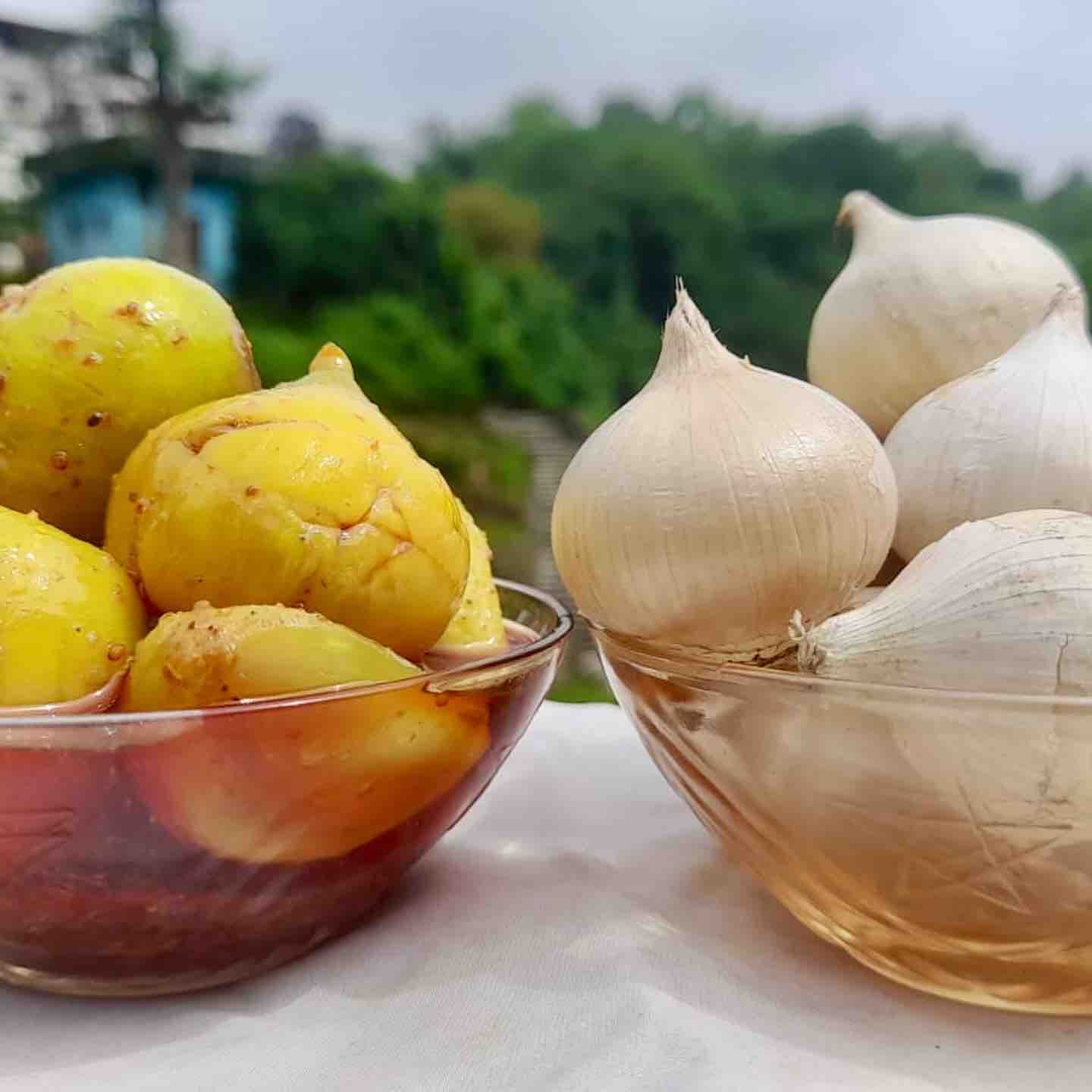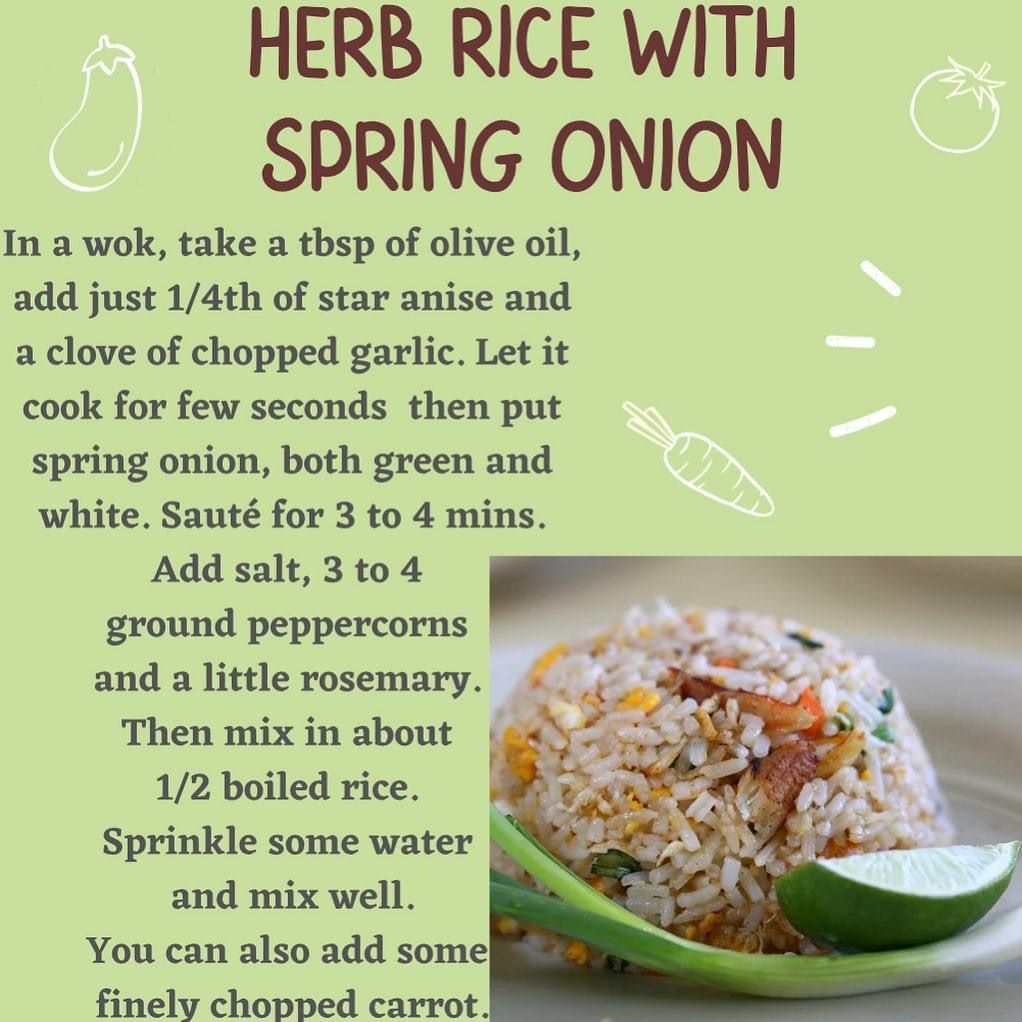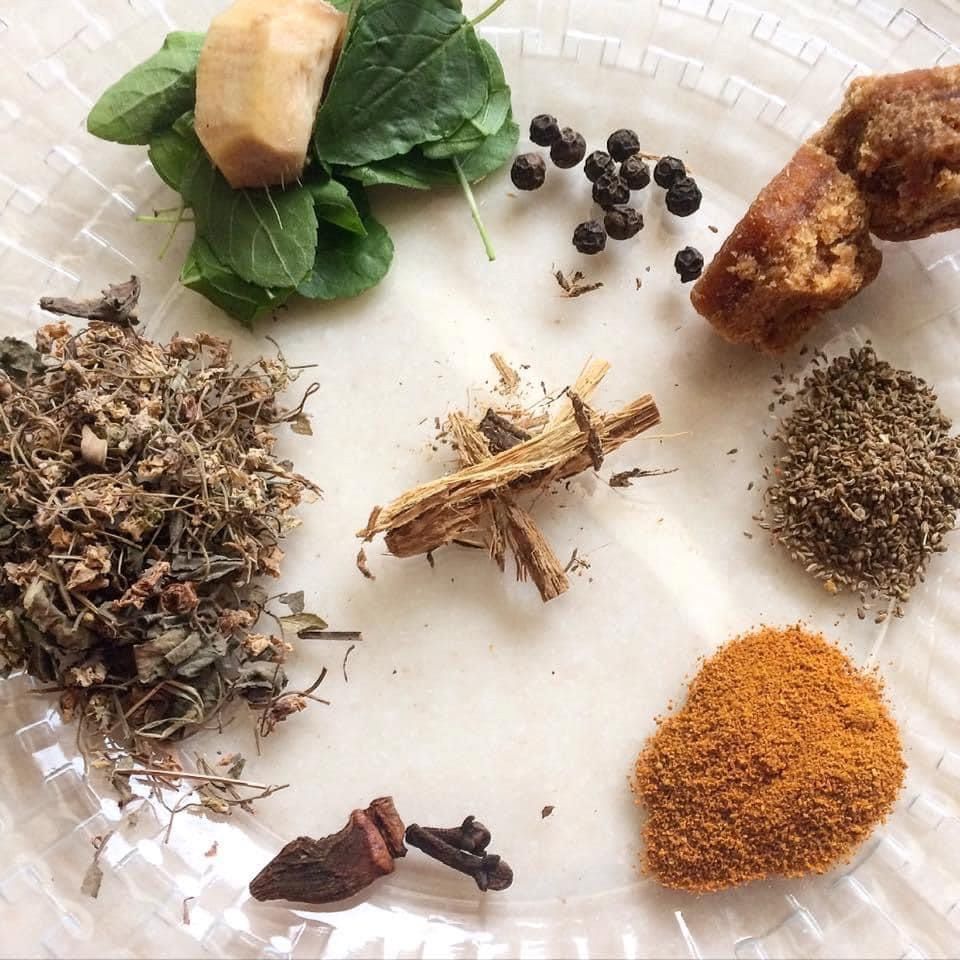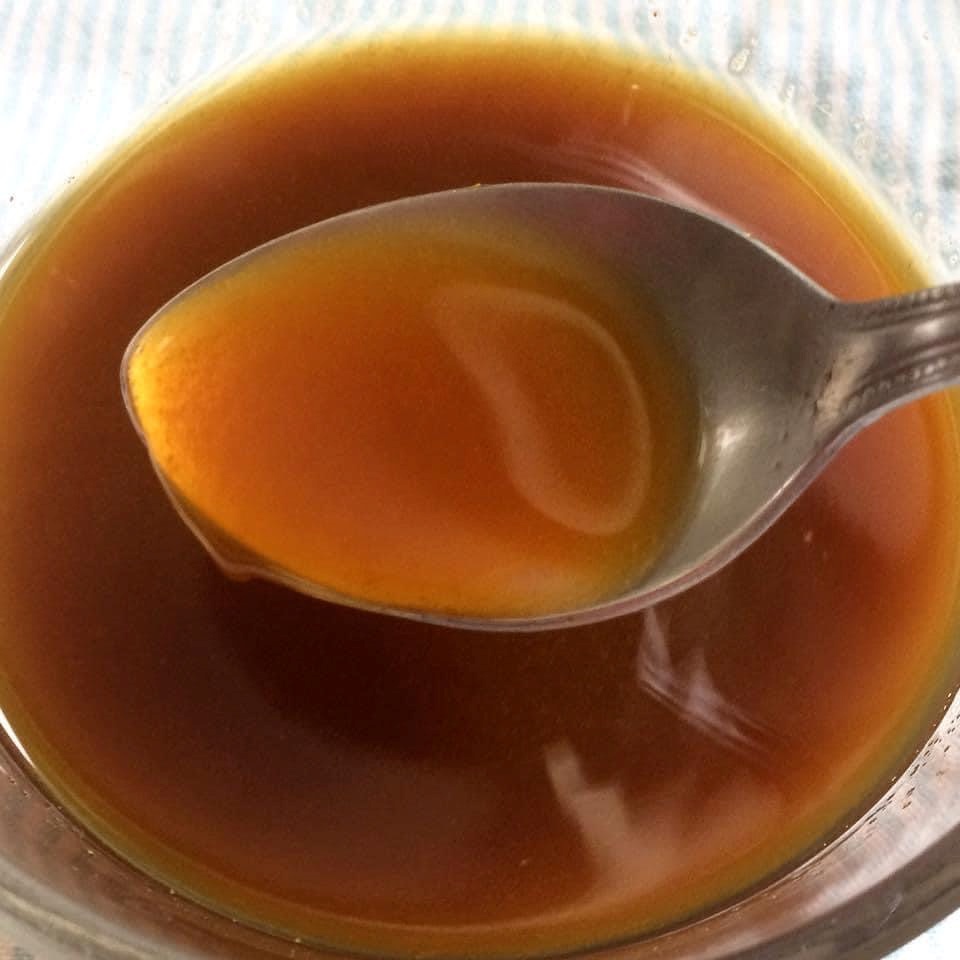
In the ever-evolving world of weight loss trends, traditional ingredients often find themselves under the spotlight. One such ingredient is jeera, or cumin—a staple spice in Indian and Middle Eastern kitchens. But does this tiny seed truly hold the power to influence body weight, or is its reputation a flavorful exaggeration? Let’s explore what the latest science and centuries of tradition tell us.
A Spice Steeped in Tradition
Jeera has been used in Ayurvedic and traditional medicine for thousands of years. Known for its distinctive aroma and earthy flavor, it is often toasted and added to dishes not only for taste but also for its medicinal properties. Traditional practitioners have long used it for digestion, detoxification, and overall wellness.
Its popularity as a potential weight loss aid is not new, but with modern scientific tools at our disposal, we can now evaluate these claims more critically.
What Modern Science Tells Us
Recent studies are shedding light on the mechanisms through which cumin might influence weight loss and metabolic health. Here’s what the research says:
1. Weight Reduction and Body Composition
A notable 2014 study published in the journal Complementary Therapies in Clinical Practice involved 88 overweight women. The study found that those who consumed 3 grams of cumin powder daily mixed with yogurt experienced significantly more weight loss and fat reduction than those who only consumed yogurt.
2. Improved Lipid Profiles
Cumin has been shown to reduce total cholesterol, LDL (bad) cholesterol, and triglycerides while increasing HDL (good) cholesterol. A 2022 review of randomized controlled trials found consistent improvements in lipid profiles, suggesting cumin may contribute to better cardiovascular health—a factor closely tied to metabolic and weight concerns.
3. Blood Sugar Regulation
Blood sugar spikes and crashes can sabotage weight loss by increasing hunger and cravings. Cumin may help regulate blood glucose levels, according to several studies. This can promote more stable energy levels and appetite control.
4. Enhanced Metabolism and Digestion
Jeera contains compounds like thymol and cuminaldehyde that stimulate the secretion of digestive enzymes, thereby improving digestion. A well-functioning digestive system aids in nutrient absorption and reduces bloating, often perceived as weight gain.
5. Appetite Suppression
Some evidence suggests that cumin might act as a mild appetite suppressant, helping to control calorie intake. However, these effects tend to be subtle and should not be overstated.
Separating the Facts from the Myths
Despite its benefits, cumin is often caught in the web of exaggerated claims. Let’s break down what it can and cannot do:
| Claim | Verdict |
|---|---|
| Jeera melts belly fat | ❌ Myth |
| Jeera aids digestion | ✅ Supported |
| Jeera boosts metabolism | ✅ Plausible |
| Jeera causes rapid weight loss | ❌ Exaggerated |
| Jeera reduces bloating | ✅ Supported |
| Jeera alone can replace diet/exercise | ❌ False |
In short, while jeera may support weight loss, it is not a magic bullet. Think of it as one component of a balanced strategy that includes a nutritious diet, regular exercise, and sufficient sleep.
How to Incorporate Jeera into Your Routine
If you’re looking to leverage jeera’s benefits, here are some practical and enjoyable ways to do it:
1. Jeera Water (Cumin Detox Drink)
- Soak 1–2 teaspoons of cumin seeds in a glass of water overnight.
- Boil the mixture in the morning and let it cool slightly.
- Strain and drink it on an empty stomach.
- This is believed to kickstart digestion and improve metabolism.
2. Cooking with Jeera
- Use whole or ground cumin in curries, soups, and lentil dishes.
- Toast cumin seeds in ghee or oil for tempering (tadka) to release their full flavor.
3. Cumin-Yogurt Mix
- Mix roasted cumin powder with plain yogurt for a digestion-friendly snack.
- Add a pinch of pink salt and mint for a refreshing twist.
4. Supplements (with Caution)
- Cumin supplements are available but should be taken under medical supervision.
- These often contain concentrated extracts and may not be suitable for everyone.
Final Thoughts: The Verdict on Jeera
Cumin is more than just a kitchen staple—it’s a spice with a compelling profile of health benefits, especially when it comes to digestion, metabolism, and possibly weight management. However, it’s important to temper expectations and approach jeera as a complementary aid rather than a cure-all.
When paired with healthy lifestyle choices, cumin can contribute meaningfully to your wellness journey. And at the very least, it’ll make your meals more flavorful and enjoyable.
Have you tried jeera for weight loss or health? Share your experience or questions in the comments below!
📌 FAQs
1. Can jeera (cumin) really help with weight loss?
Yes, jeera may support weight loss by improving digestion, slightly boosting metabolism, regulating blood sugar, and reducing bloating. However, it should complement—not replace—diet and exercise.
2. How much jeera should I consume daily for weight loss benefits?
Most studies use about 3 grams per day (roughly 1 teaspoon). You can consume it through jeera water, in meals, or as roasted powder mixed with yogurt.
3. When is the best time to drink jeera water?
Drinking jeera water on an empty stomach in the morning is believed to be most effective for stimulating digestion and metabolism.
4. How long does it take to see results from jeera for weight loss?
Visible results may take 4–8 weeks, especially when combined with a calorie-controlled diet and physical activity. Effects vary by individual.
5. Can I use jeera powder instead of soaking whole seeds?
Yes. Roasted jeera powder is effective and can be added to warm water, yogurt, or food. However, soaking whole seeds may release slightly different compounds into the water.
6. Is it safe to take jeera every day?
Yes, cumin is safe for most people when consumed in typical culinary amounts daily. For high-dose supplements, consult a healthcare provider.
7. Can jeera reduce belly fat specifically?
No, jeera cannot target belly fat directly. It may reduce overall bloating and body fat modestly as part of a holistic health routine.
8. Does jeera water have any side effects?
In general, jeera water is safe. Rarely, excessive consumption may cause acid reflux or lower blood sugar too much in sensitive individuals.
9. Can I take cumin supplements instead of using the spice?
You can, but supplements should be used cautiously and under medical advice. Whole or ground cumin in food is safer and usually sufficient.
10. Can I drink jeera water at night instead of in the morning?
Yes, while morning consumption is common, jeera water can also aid digestion if consumed after meals or before bedtime.






















